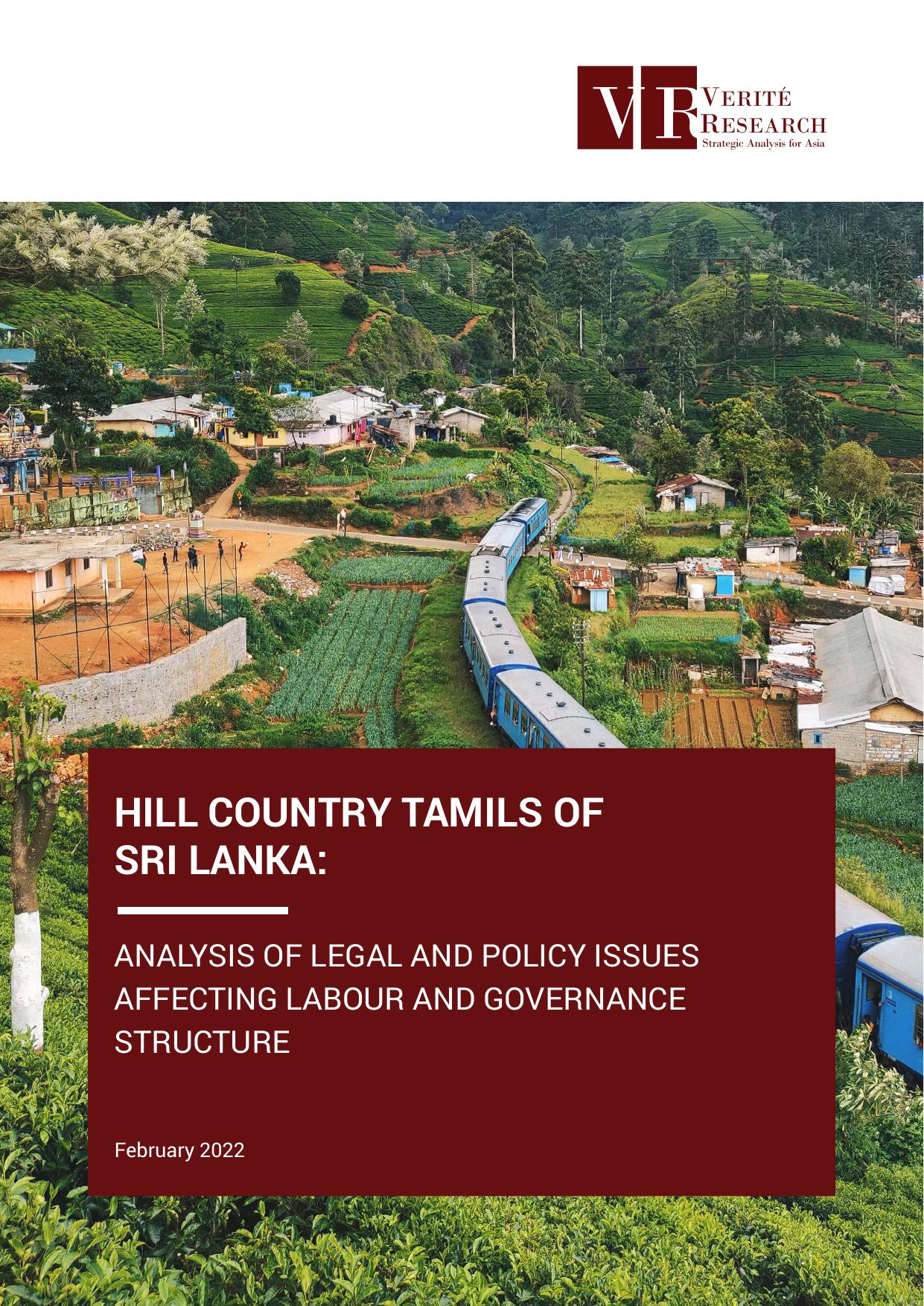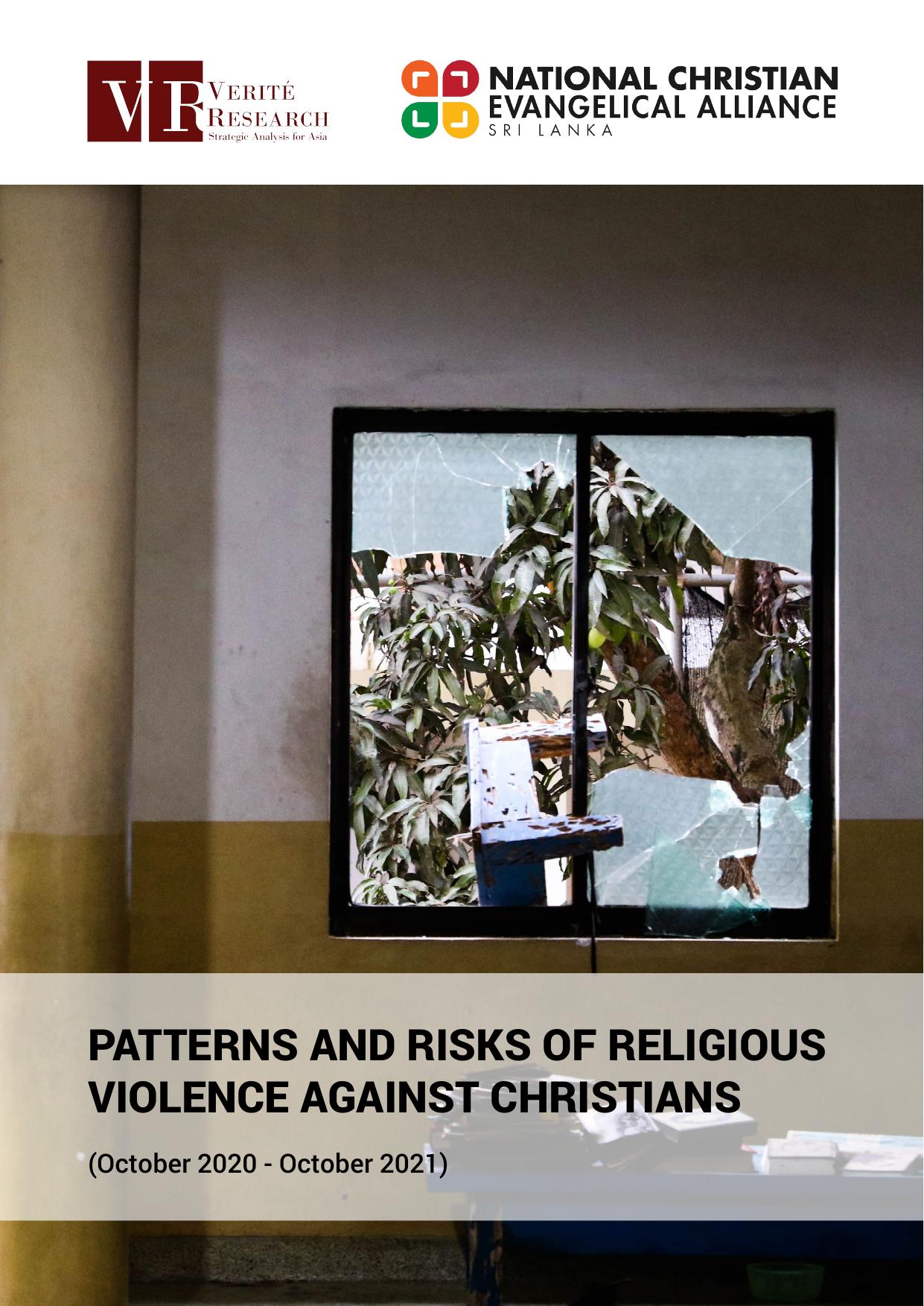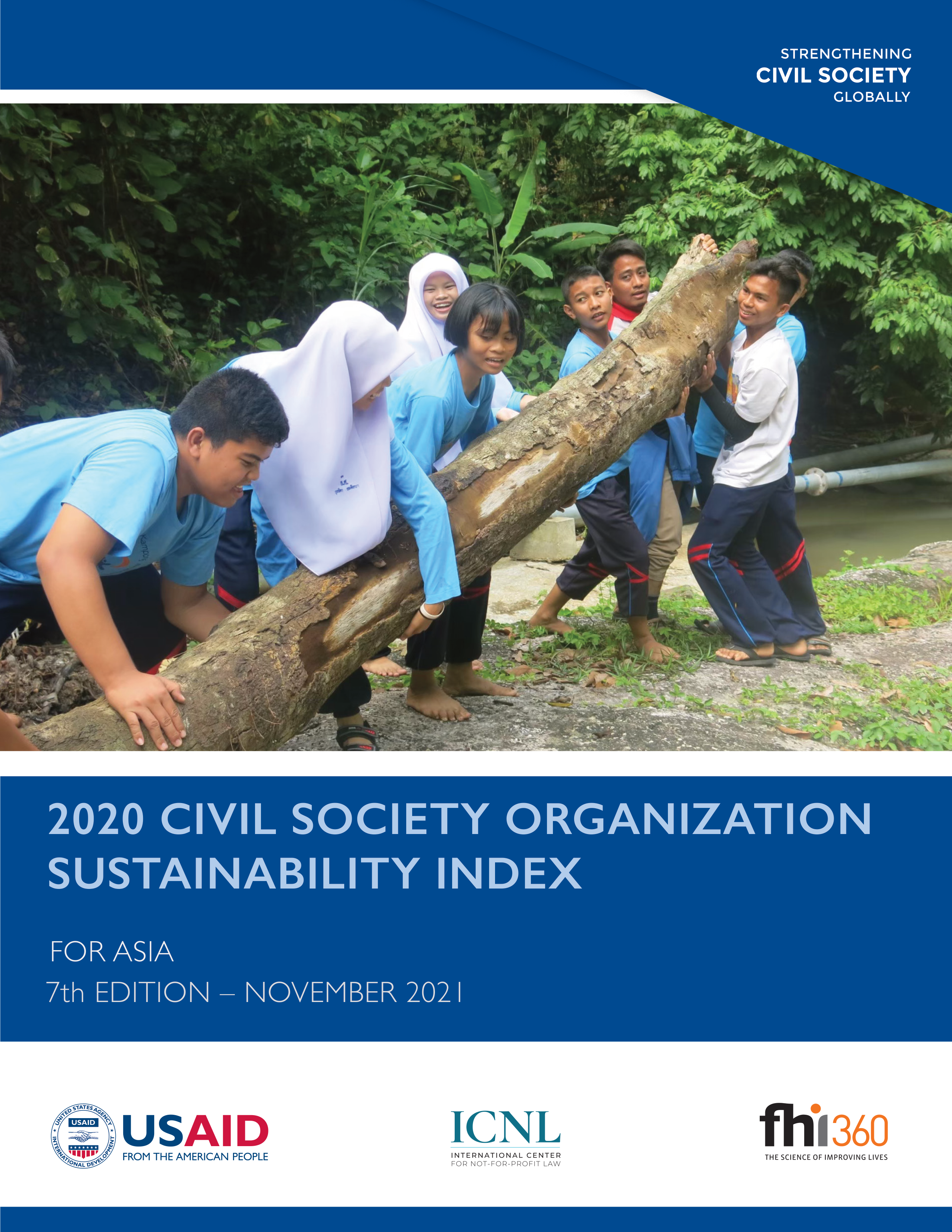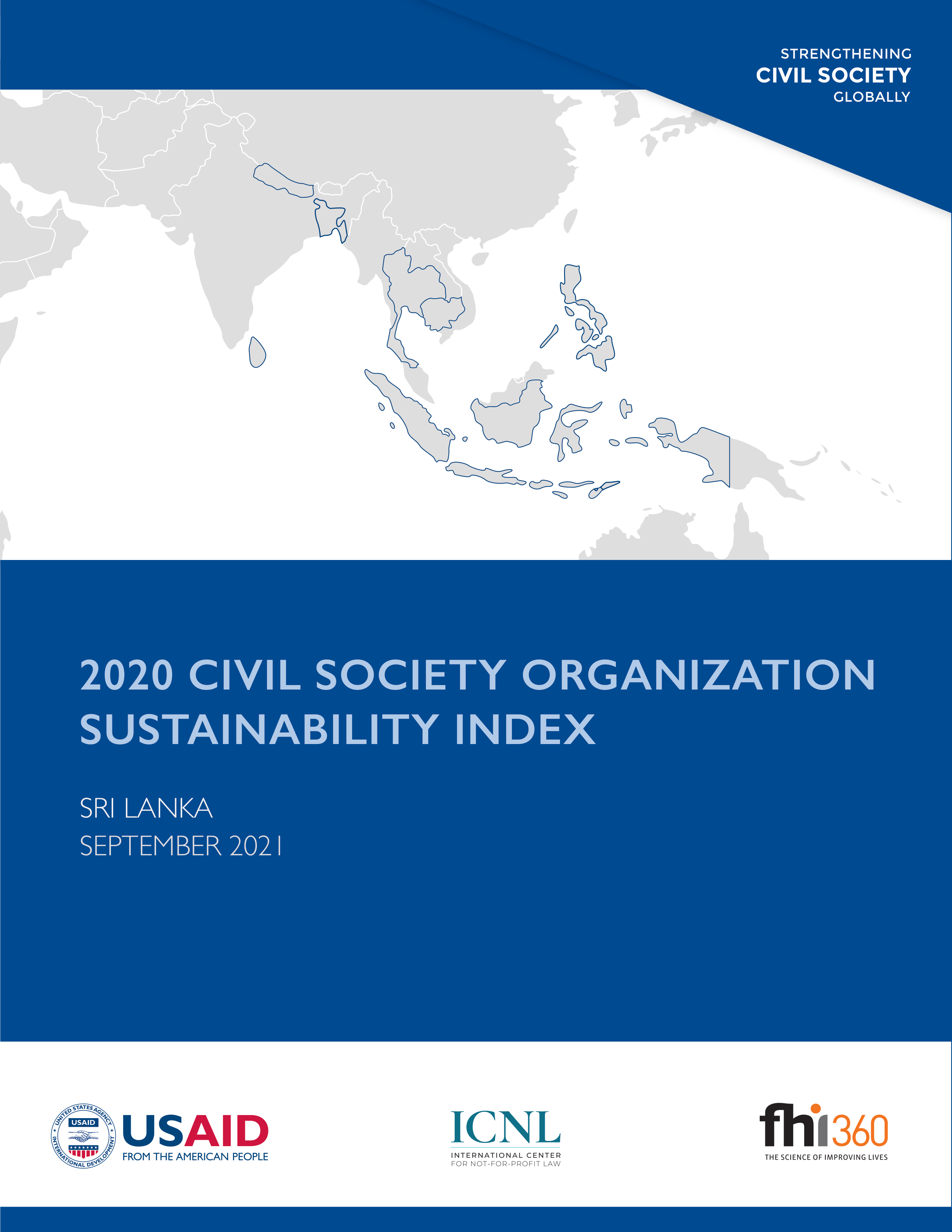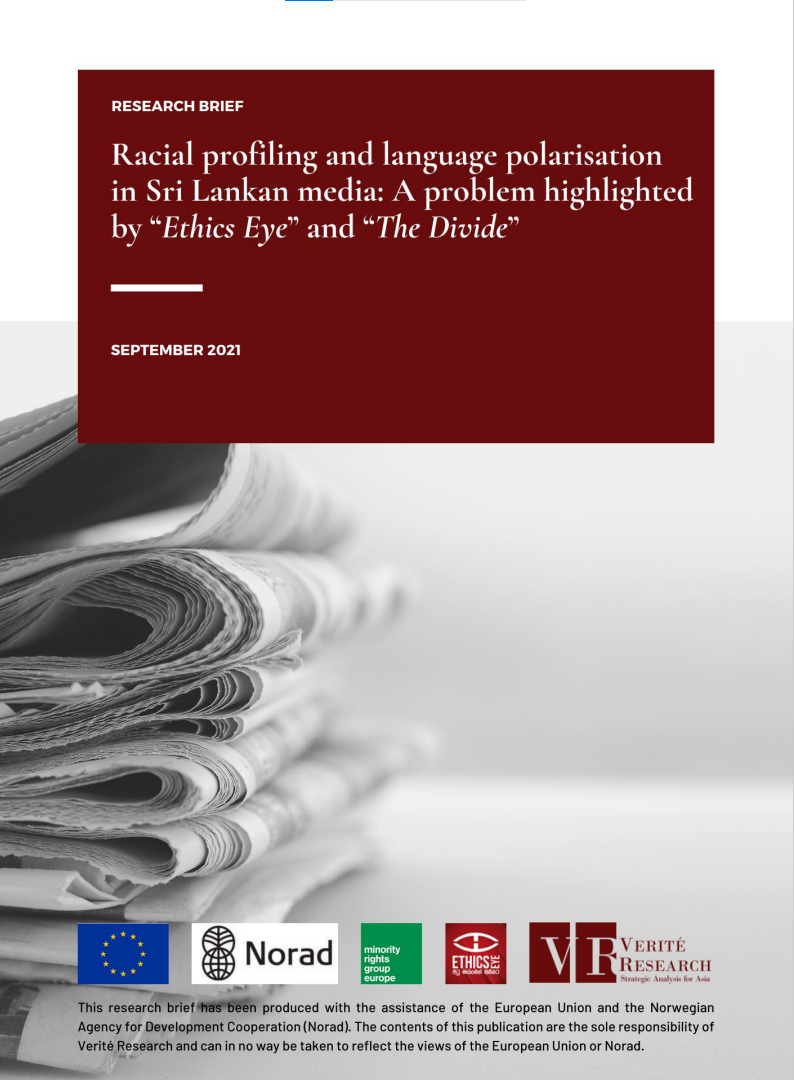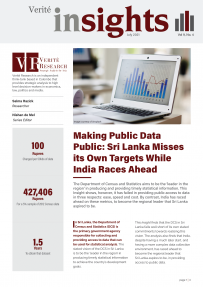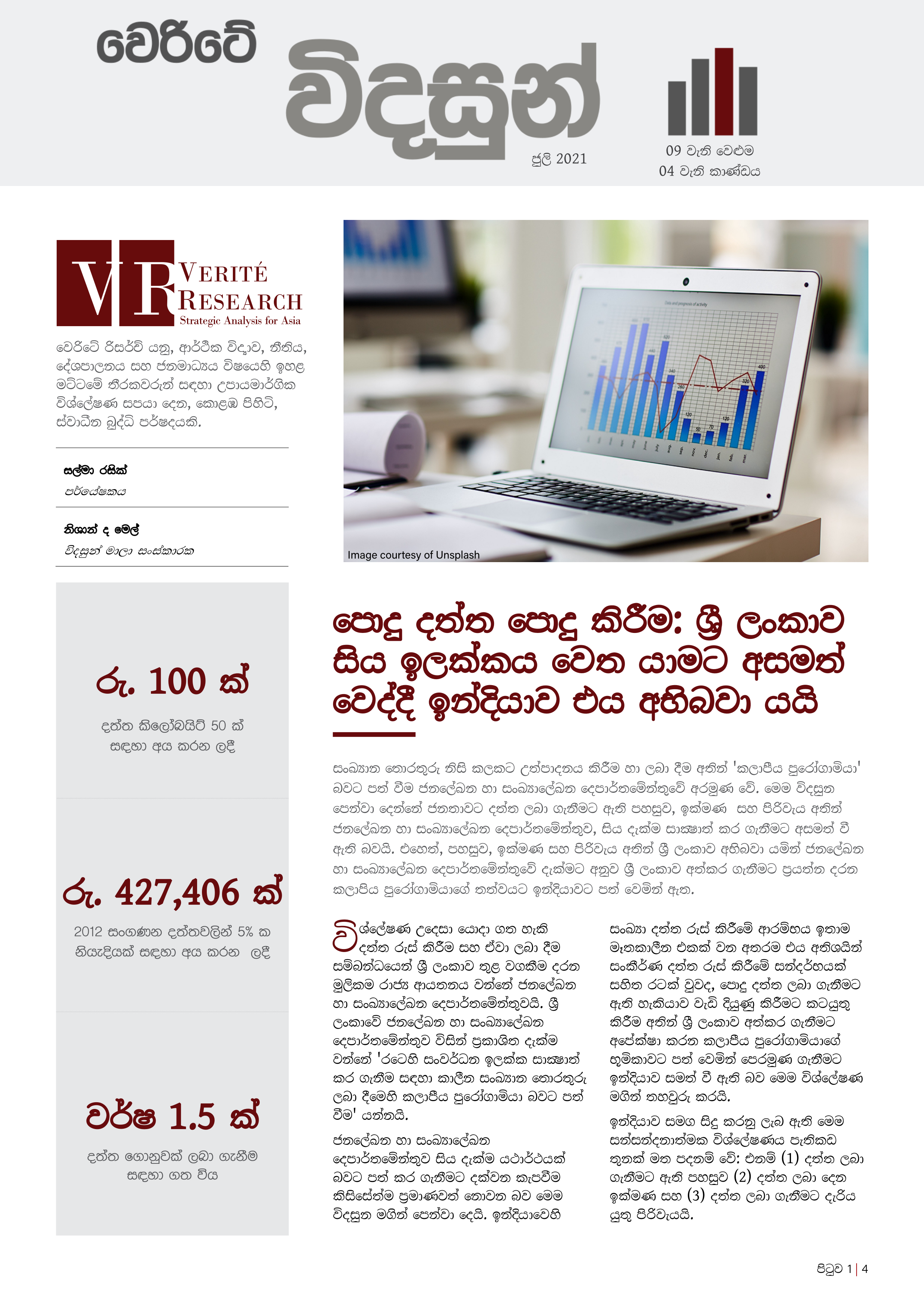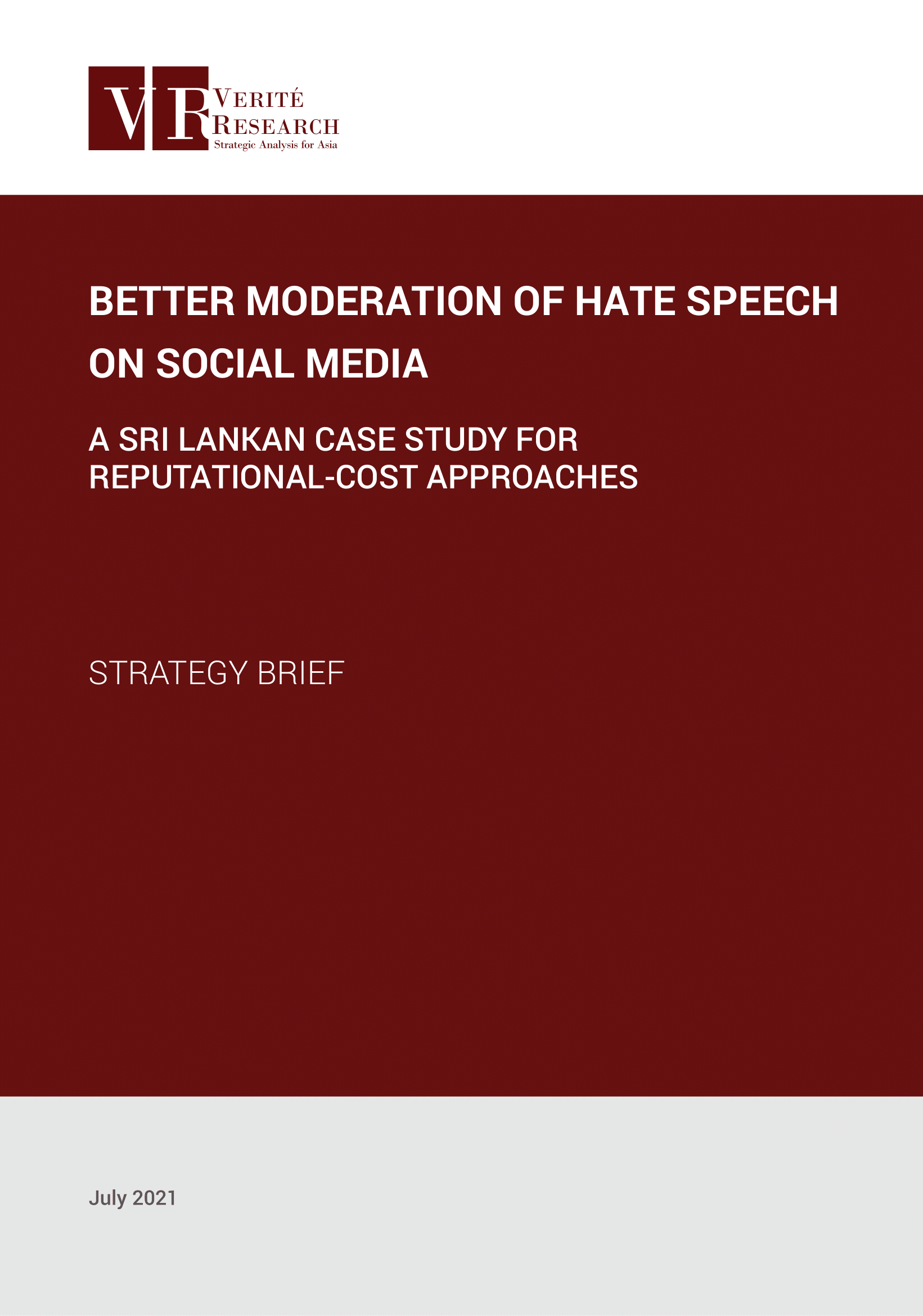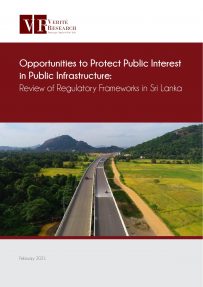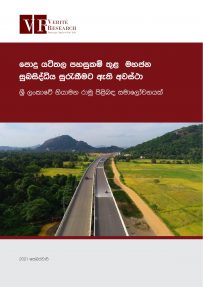This report examines the socio-economic background and history of the Hill Country Tamil community (HCT) with a focus on health, education, labour and their primary engagement in the tea plantation industry. Thereafter, the report dives into the three main drivers of disadvantage that have paved the way to perpetuating the long-standing issues of discrimination and marginalisation in access to state services and major human rights guarantees faced by the HCT communities in this sector.
Ethno-religious violence has persisted in post-war Sri Lanka irrespective of changes to the country’s political leadership. The current study unpacks the macro-level and micro-level patterns of religious violence against Christians. For this purpose, Verité Research analysed incidents of religious violence that were recorded by the National Christian Evangelical Alliance of Sri Lanka.
The Civil Society Organization Sustainability Index (CSOSI) assesses the sustainability of the CSO sector across several countries in different regions around the world. Since its inception in 1997, it has expanded and currently covers a total of 73 countries in 2020, including 24 in Central and Eastern Europe and Eurasia, 32 in Sub-Saharan Africa; 8 in the Middle East and North Africa; and Mexico.
The Civil Society Organization Sustainability Index (CSOSI) assesses the sustainability of the CSO sector across several countries in different regions around the world.
This research brief introduces two ailments in the Sri Lankan media that have negative social ramifications on minorities: (1) racial profiling; and (2) language polarisation.
Sri Lanka’s Department of Census and Statistics (DCS) is the primary government agency responsible for collecting data, producing useful statistics, and disseminating it.
සංඛ්යාන තොරතුරු නිසි කලකට උත්පාදනය කිරීම හා ලබා දීම අතින් ‘කලාපීය පුරෝගාමියා’ බවට පත් වීම ජනලේඛන හා සංඛ්යාලේඛන දෙපාර්තමේන්තුවේ අරමුණ වේ. මෙම විදසුන පෙන්වා දෙන්නේ ජනතාවට දත්ත ලබා ගැනීමට ඇති පහසුව, ඉක්මණ සහ පිරිවැය අතින් ජනලේඛන හා සංඛ්යාලේඛන දෙපාර්තමේන්තුව, සිය දැක්ම සාක්ෂාත් කර ගැනීමට අසමත් වී ඇති බවයි. එහෙත්, පහසුව, ඉක්මණ සහ පිරිවැය අතින් ශ්රී ලංකාව අභිබවා යමින් ජනලේඛන හා සංඛ්යාලේඛන දෙපාර්තමේන්තුවේ දැක්මට අනුව ශ්රී ලංකාව අත්කර ගැනීමට ප්රයත්න දරන කලාපිය පුරෝගාමියාගේ තත්වයට ඉන්දියාවට පත් වෙමින් ඇත.
As social media becomes more involved in personal, business, and political relations, it has become increasingly important to prevent the spread of hate speech and disinformation on social media. At present, hate speech and disinformation is moderated on social media by: (1) voluntary self-regulation by service providers, and (2) government regulation that imposes obligations and liability on users and service providers. In light of the numerous lapses in content moderation and the ever present of risk of censorship through government regulation of social media, several questions have arisen on how content moderation can be improved.
Investment into infrastructure is vital for development. However, in the context of weak governance, public investment into large and complex infrastructure can become a fertile ground for corruption and results in unsustainable, costly, and poor-quality infrastructure that fails to meet the intended objectives.
යටිතලපහසුකම් සඳහා කරන ආයෝජනයන් රටක සංවර්ධනයට අතිශයින් වැදගත් වේ. කෙසේ වෙතත් දුර්වල පාලනයක් පවතින සන්දර්භයක් තුළ මහා පරිමාණ සහ සංකීර්ණ යටිතලපහසුකම් සංවර්ධන ව්යපෘති දුෂණයන්ට ඉතා හිතකර පසුබිමක් බවට පත්විය හැකි අතරම අපේක්ෂිත අරමුණු සාක්ෂාත් කරගැනීමට අපොහොසත් වන අධික පිරිවැයක් සහිත, ගුණාත්මක භාවයෙන් පහළ යටිතලපහසුකම් බිහිවීමටද එකී ආයෝජනයන් හේතු විය හැක.
